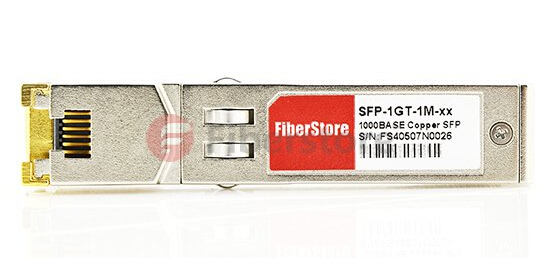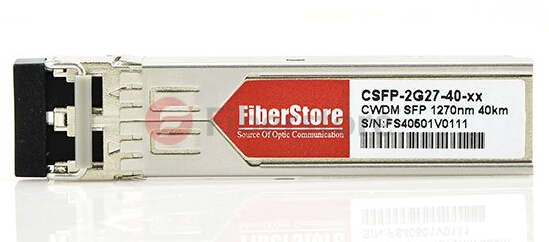The Physical Layer, as the Layer 1 of ISO OSI Systems communications model where the mechanical and electrical specifications of physical network interface are defined. The physical network interface is considered passive network elements because they do not generate or alter data units traveling across the network. Network elements defined by the Physical Layer include (among others): Network transport media (cables) and connectors.
Network media types used in Data Centre today are copper and fibre optic cables.
The following copper cables are available: Cat 1 to Cat 5, Cat 5E, Cat 6, Cat 6a, Cat7 and Twinax cables. Twinax copper cable with two conductors in a coaxial cable, which is slowly wrapped around each other; originally designed to replace RS-232 and has been redesigned for high-speed computer applications under 10 meters.
Fibre optic cable utilize light for data transmission, rather than electrical current on copper cables, Fibre optic cables have many advantages, for example, the are many times lighter and have substantially reduced bulk, no pins, a smaller and more reliable connector reduced loss and distortion, and are free from signal skew or the effects of electro-magnetic interference.
Copper cable connectors. Currently, there are two copper connector standards are in use, RJ-45 and MRJ-21.
RJ-45: The most popular Ethernet connector in use nowadays. MRJ-21: Used in Brocade’s netlron MLX product family, provides 1GbE connectivity of up to 6 ports by the RJ-45 patch panel or RJ-45 connectors. It is a high-density, high-speed copper cable.
Optical cable connectors. Optical cable connector structure can be divided into: FC,SC, ST, LC, D4, DIN, MU, the MTP,MPO and so on in various forms.
Copper transceivers, copper medium usually does not require any transceivers, as they are a part of the interface module. However, few of Brocade’s products use a copper SFP with an RJ-45 female connector for 1 GbE connectivity over copper medium, or XFP copper transceiver for 10GbE connectivity over CX4 copper. Figure 1 is a 1000BASE-T Gigabit Ethernet Full Duplex RJ45 100m Copper SFP Optical Transceiver.

Figure 1. Copper SFP Optical Transceiver
- XFP 10GBASE-CX4: Uses a CX4 connector to provide a connection to up to 15 meters over CX4 grade copper cable.
- SFP 1000BASE-TX: Uses a RJ-45 connector to provide a connection to up to 100meters over Cat5e or higher copper cable.
The following optical transceivers are available: (Figure 2 is a CWDM SFP 40km Single-Mode Optical Transceiver)

Figure 2. CWDM SFP Optical Transceiver
- SFP: Small form-factor Pluggable. Supports 100Mbps and 1Gbps Ethernet.
- SFP+: Small Form-factor Pluggable Plus. Looks are physically identical to the SFP port but support higher speeds. Supports 10Gbps Ethernet. Might also support SFP transceivers.
- XFP: 10 Gigabit Small Form-factor Pluggable. Supports 10Gbps Ethernet.
- XENPAK: XENPAK transceiver is a hot-swappable I/O devices that plug into 10-Gigabit Ethernet module ports. The XENPAK transceiver is available in either optical or copper interfaces. It is used in typical router line card applications, storage, IP network and LAN.
- X2: X2 transceiver is a standardized form factor for 10 Gb/s fibre optic transceivers that is used for data transfer rates from 10.3 Gb/s to 10.5 Gb/s. X2 transceiver is used in datacom optical links only (not telecom), and they are smaller than old generation XENPAK transceiver.
- GBIC) Transceiver: A gigabit interface converter (GBIC) transceiver can send and receive data, which is to digitally convert media between a gigabit Ethernet network and a separate fibre optic based network.
SFP+ Twinax cables are copper cables with two SFP+ transceivers attached on either end. They are also known as Direct Attach Cables (DAC). Using SFP+ Twinax cable is significantly cheaper than connecting devices using two 10Gbps fibre optic transceivers over fibre cable. There are two types of SFP+ Twinax cables: active and passive. SFP+ Twinax cable provided by fs.com is available in lengths of 1m, 2m, 3m, 5m.
In addition, all those copper or optical products used in the Physical layer can be found in fs.com.
